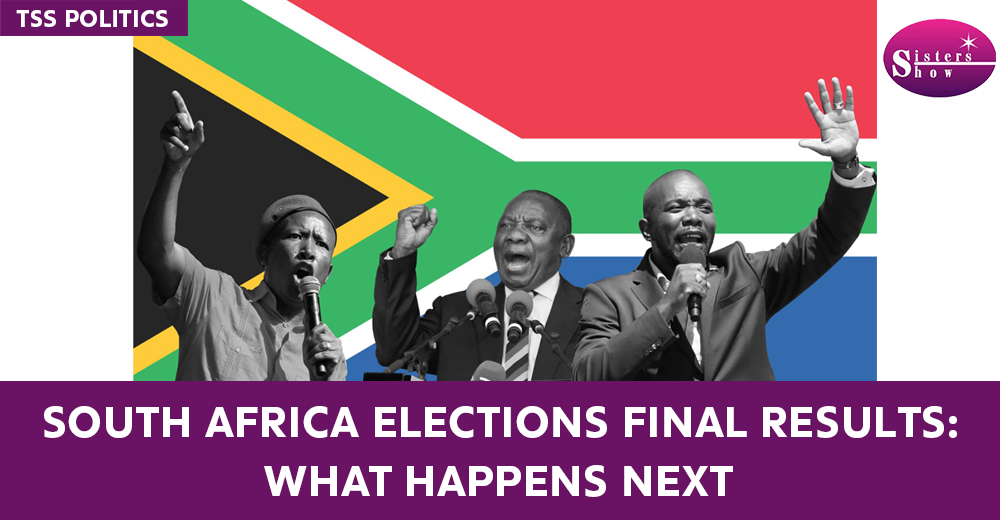
South Africa Elections Final Results: What Happens Next?
After all the ballots have been counted in South Africa, the ruling African National Congress (ANC) has received only 40.18% of the votes in Wednesday’s election, well short of a majority. For the first time since the end of apartheid in 1994, the once-dominant party will need to make a deal with other parties to form a coalition government.
Coalition Talks Ahead
The Democratic Alliance (DA), the main opposition party, garnered the second-highest number of votes at 21.81%, followed by the MK party with 14.58%, and the Economic Freedom Fighters (EFF) with 9.52%. With no party achieving a majority, intense negotiations for coalition agreements are expected to dominate the political landscape in the coming weeks.
Historic Low Voter Turnout
This election saw South Africa’s lowest voter turnout since its first democratic elections in 1994. Despite a record 27.7 million South Africans registering to vote, only 16.2 million cast their ballots on election day, resulting in a turnout of 58.64%. This marks a significant decline from previous elections; in 1999, nearly 90% of registered voters participated, and the 2019 election saw a 66% turnout.
Next Steps in the Electoral Process
In South Africa, the president is not directly elected by the public. Instead, members of the National Assembly, who are elected by the public, choose the president. Here’s a breakdown of what happens next:
- Allocation of Seats: The 400 seats in the National Assembly are proportionately allocated based on the election results.
- First Sitting of the National Assembly: Within 14 days of the election results, the newly elected National Assembly must hold its first sitting. During this session, members are sworn in, and the speaker is elected.
- Election of the President: During the first sitting or soon after, the National Assembly elects the president of South Africa. The president is then responsible for appointing the t and forming the government.
- Formation of Government: Once the president is elected, the process of forming a government, including the appointment of ministers, follows swiftly to ensure a smooth transition of power and continuity of governance.
Ramaphosa’s Future Uncertain
Current President Cyril Ramaphosa, who is 71 years old, has indicated he will not resign despite the ANC’s poor performance at the polls. Ramaphosa, a former anti-apartheid activist, trade union leader, and businessman, was hoping for his second and final term as president. However, some opposition parties, including Zuma’s MK party, have stated they will not enter into a coalition with the ANC unless Ramaphosa is ousted.




